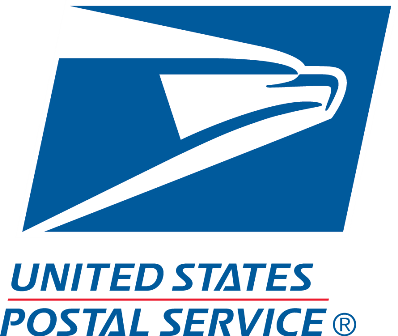May 24, 2021
Could it provide affordable financial services for underserved families, and, at the same time, shore up its own financial footing?
Bank branch closures are an ongoing phenomenon hitting rural and socioeconomically challenged communities particularly hard. So why not provide low-cost financial services to those communities via the post office? It’s a widely trusted organization with more than 30,000 retail locations. Many are in banking deserts.
It’s not a new idea. From 1911 to 1967, the Postal Service maintained its own banking system, allowing people to open savings accounts at their local post office. The USPS still provides some financial services, such as money orders and international money transfers. In many other countries — including Japan, Germany, China, South Korea, France — postal services offer banking.
Current Postmaster General Louis DeJoy has announced a 10-year plan involving higher postage rates and slower first-class mail service to stem postal service losses. But if shoring up USPS finances is the objective, there are alternatives to raising prices and degrading service. A 2014 report from the Postal Service Office of the Inspector General indicated that postal banking could generate $9 billion each year.
In addition, legislation is currently advancing in Washington with bipartisan support which would lift a significant and unnecessary financial burden off the U.S. Postal Service by eliminating the odd requirement that the USPS alone pre-fund health care benefits for future retirees. This would improve the service’s balance sheet immensely.
Do I have concerns? Of course. There’s this, and this, and this. And this is serious, so any legislation authorizing postal banking will have to come with strict data privacy and security requirements, and strong penalties for violating them.
Yes, there will be significant up-front expenses including a large investment in training. But a Washington Post-University of Maryland poll last year showed that most Americans believe the USPS should be run as a “public service,” in any case, even if doing so costs the government money.
I reached out to Sen. Elizabeth Warren to ask for her thoughts on the idea of postal banking. This is what she said:
“We need innovative ways to create pathways for struggling families to build economic security. That means it is critical to ensure that millions of Americans are not excluded from our banking system and have access to basic and affordable financial services.”
I agree. The time is right to study seriously the possibility of once again offering basic, low-cost banking services via the USPS.
# # #




